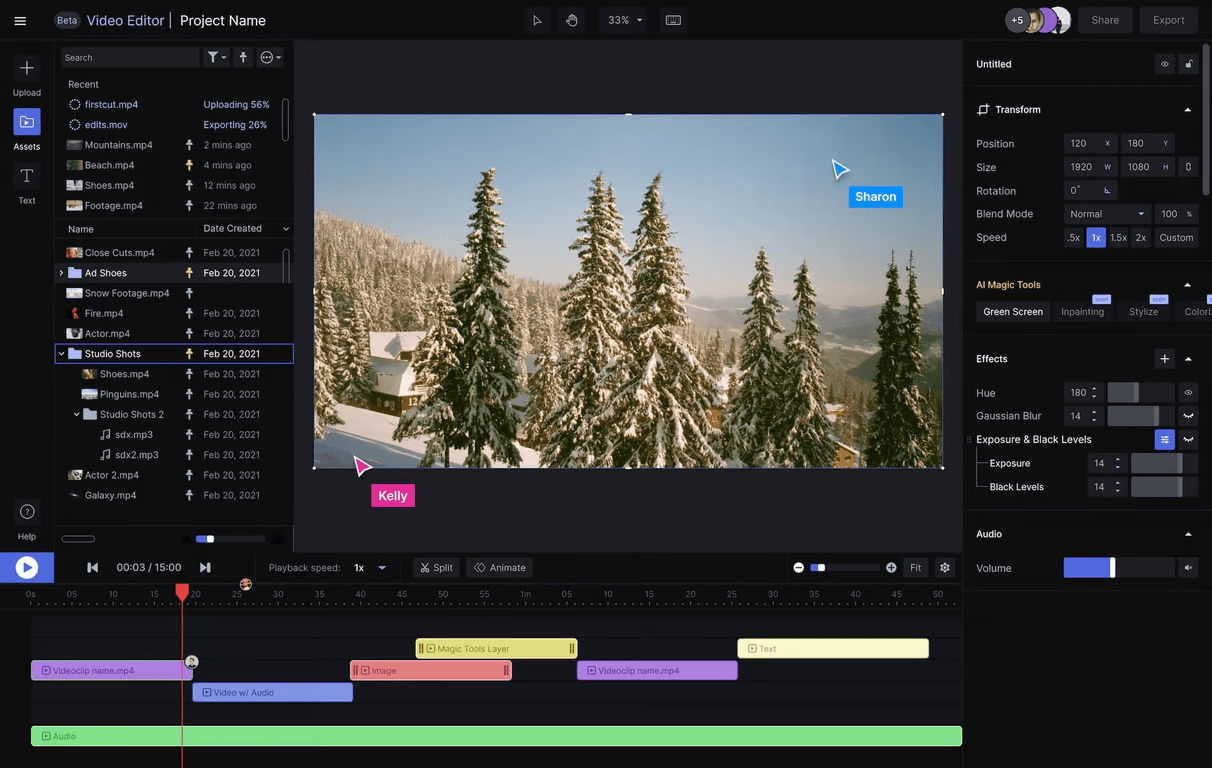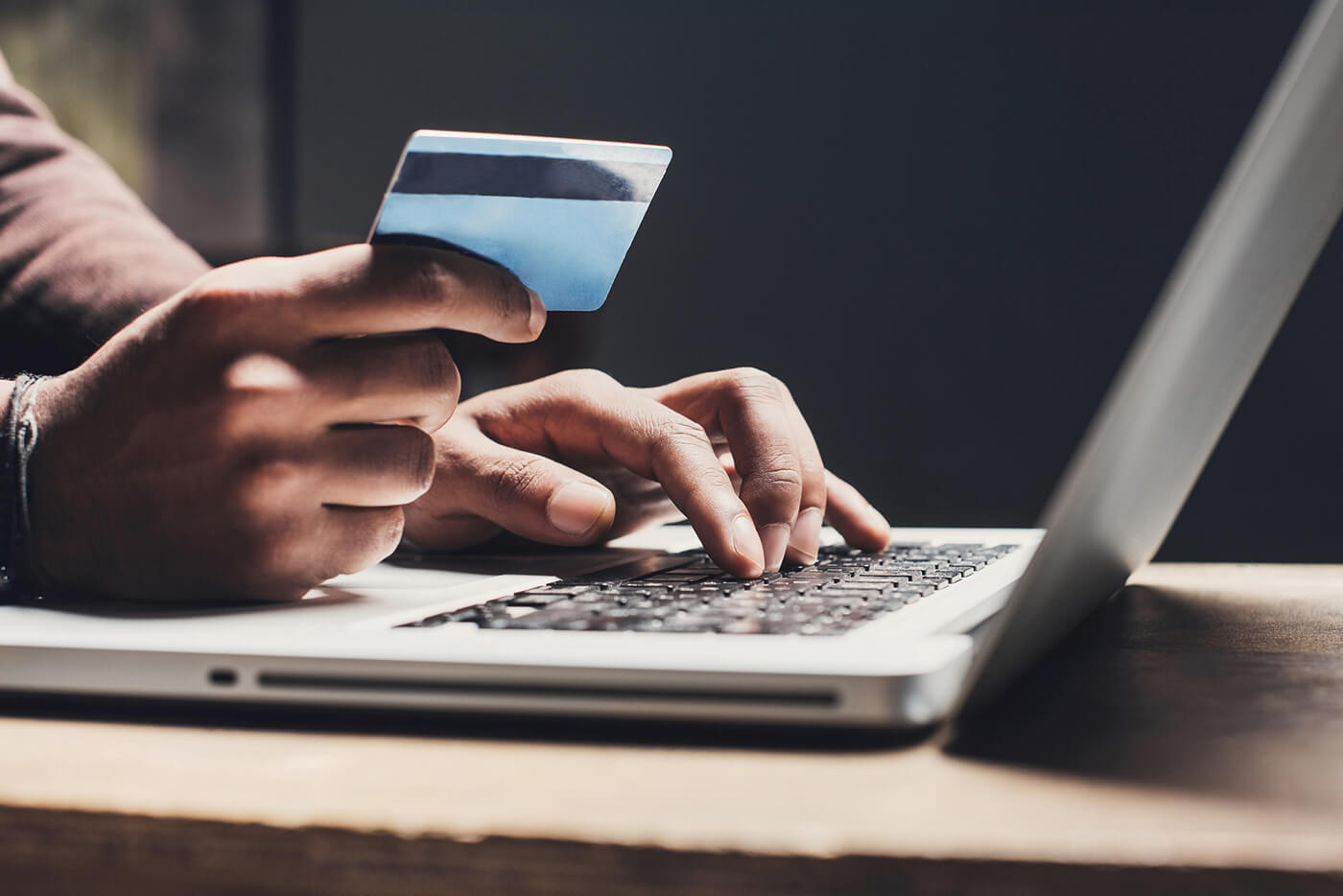Smartphones are inseparable these days. We use them for communication, entertainment, banking, shopping, and more. However, most people don’t realize that mobile phones also pose serious privacy and security risks. Using a VPN on your mobile phone can help mitigate these risks. Here are some of the main reasons why you should use a VPN on your mobile phone:
Security
One of the biggest reasons to use a VPN on your phone is to enhance your security and privacy while using public Wi-Fi networks. Public Wi-Fi networks are notoriously insecure – it’s easy for hackers to intercept data transmitted over public Wi-Fi. A VPN encrypts all data sent to and from your device, which protects you from hacking and snooping when using public Wi-Fi.
A VPN also hides your IP address, making it harder for advertisers, websites, or your internet service provider to track your online activities and location. With a VPN, you can browse the web privately without worrying about your personal data being collected, stored, and sold by third parties.

Privacy
Mobile phones generate a tremendous amount of sensitive data, including your location, contacts, messages, browsing history, and more. A VPN prevents third parties like your mobile carrier, Wi-Fi network providers, and even apps on your phone from logging and selling your data.
A VPN routes all your internet traffic through an encrypted tunnel to a remote server run by the VPN provider. This prevents external parties from logging your browsing activities, intercepting your data, or determining your physical location. Using a VPN on your phone gives you greater control over your privacy.
Bypass Censorship and Access Restricted Content
VPNs allow you to bypass geo-restrictions and censorship by assigning you an IP address from another country or region. This comes in handy when traveling abroad or when trying to access content that has been blocked in your country due to censorship.
For example, you can use a VPN to access your favorite streaming platforms like Netflix, Hulu, BBC iPlayer, and more, regardless of where you are in the world. A VPN can also help you access social media sites and apps that may be blocked by your network administrator at school or work.
Avoid Price Discrimination
Many e-commerce websites adjust their prices based on your location. This is called price discrimination. For example, flight tickets and hotel rates are generally cheaper when browsing from a developing country compared to an industrialized country.
Using a VPN allows you to mask your actual location and access region-specific pricing no matter where you are located physically. This can help you save money on online purchases. So, you should get a VPN for phone for shopping.
Bypass ISP Throttling
Some internet service providers deliberately throttle or slow down bandwidth-intensive apps like video streaming and P2P sharing. A VPN encrypts your internet traffic, making it impossible for your ISP to identify the type of traffic and throttle your connection speed. This results in faster download speeds when using bandwidth-heavy apps and services.
Public Wi-Fi Security
Public Wi-Fi networks at airports, hotels, cafes, and other locations are notoriously insecure. It’s easy for hackers to intercept data transmitted over public Wi-Fi using techniques like packet sniffing. A VPN adds a layer of security by encrypting all data you send and receive when using public Wi-Fi. This protects you from man-in-the-middle attacks that can compromise your sensitive data and passwords.
Remote Access to Local Network
A VPN can help you remotely access devices, files, and internal resources on your local home or work network when traveling or working remotely. Setting up a VPN server at home and connecting your mobile phone to it allows you to securely access local file shares, printers, NAS devices, and other resources as if you were physically connected to the local network.
Hide Internet Activity from ISP
A VPN prevents your internet service provider from logging and selling records of your internet activity. It hides what websites you visit and what apps you use from your ISP by routing your traffic through an encrypted tunnel to the VPN server. This gives you greater privacy and anonymity while browsing the web on your mobile device.
A reliable VPN is essential to protect the privacy and security of your mobile internet usage. VPNs encrypt your data, provide anonymity, allow access to restricted content, keep your activities private from your ISP, and secure your connection to public Wi-Fi. Leading VPNs are easy to set up, offer fast speeds, and provide robust encryption to safeguard you against cyber threats. So, get a premium VPN subscription to browse freely and securely on your mobile phone.








